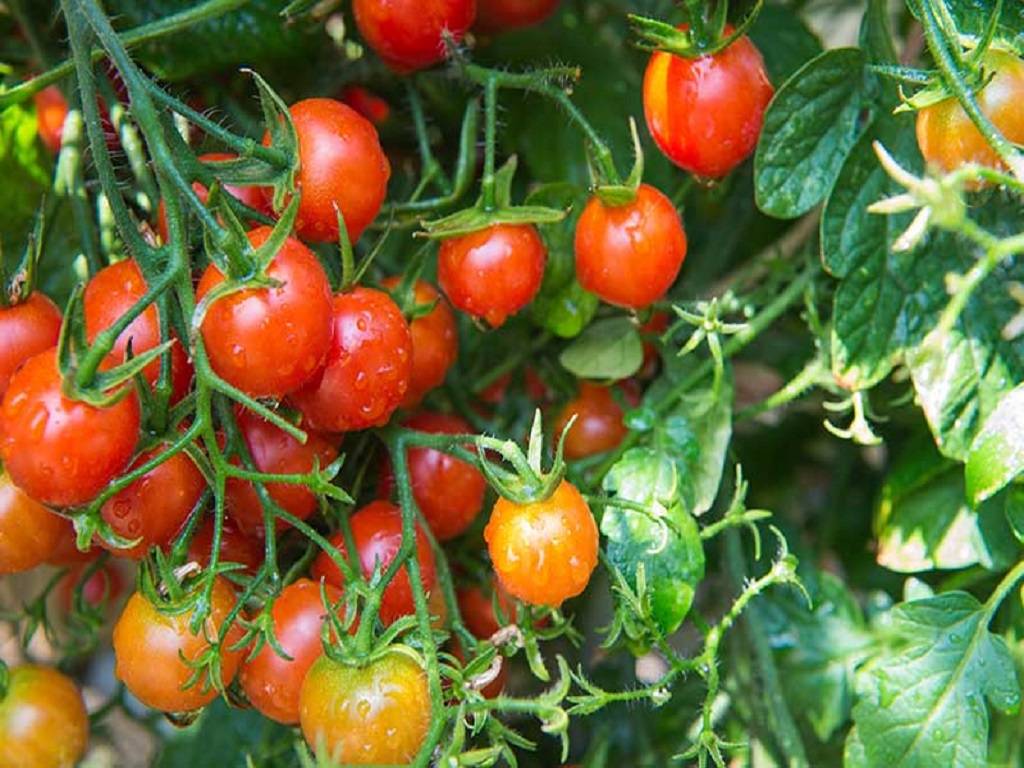
Cherry Tomatoes are just like the regular ones but are smaller in size and are on the sour/ tangy side and are juicier comparatively. The cherry tomatoes are comparatively round and the regular ones are in oval shape. Tomatoes have less water content as compared to cherry tomatoes, which are crunchier and juicier from the inside.
And due to the different characteristics, we mostly prefer regular tomatoes in our cooking while cherry tomatoes are mostly added to salads, pasta, subs, pizzas, and sandwiches, or are eaten raw. These small ones taste good when baked as well. Though in many of the above-mentioned dishes, regular tomatoes can easily replace cherry tomatoes but some dishes go well with cherry tomatoes like continental and some go well with Asian dishes. It completely depends on one’s taste and preferences.
European cuisine, including French, Spanish, and Italian cuisine, is referred to as "Continental food." This food's main selling point is that it focuses more on natural ingredients like olive oil, wine, herbs, and little to no spices.
All of the meals in our homes are sort of incomplete without the tartness, and the punch of tomatoes. Be it basic dishes’ tadka, gravies, curries, or even ketchup, we just cannot imagine our lives without this taste.
We all have seen cherry tomatoes in the supermarkets, and in the local vendors’ stalls and have wondered for sure, what is the difference between these two varieties of tomatoes. They are also seen in different colors like yellow ones, and green ones as well but the most common is the basic red cherry tomatoes.
Nutritional Value of Cherry Tomatoes:
Vitamins, particularly vitamins A and C, are abundant in cherry tomatoes. A piece of cherry tomatoes measuring 100 grams includes 500 IU of vitamin A and 9 grams of vitamin C, according to the USDA's nutritional information. A serving of the same size has 4 grams of carbs and 22 kcal of calories. These have a bit more protein per serving but have fewer carbohydrates comparatively. These have more sugars compared to regular tomatoes.
There are differences that are mentioned but only if you look close enough be it in terms of taste or nutritional content. Though these can be interchanged in most of the recipes depending on the flavor requirements of the dishes.
Fun Fact: Tomatoes do not fall in the ‘Vegetable’ category but they are ‘Fruits’.










